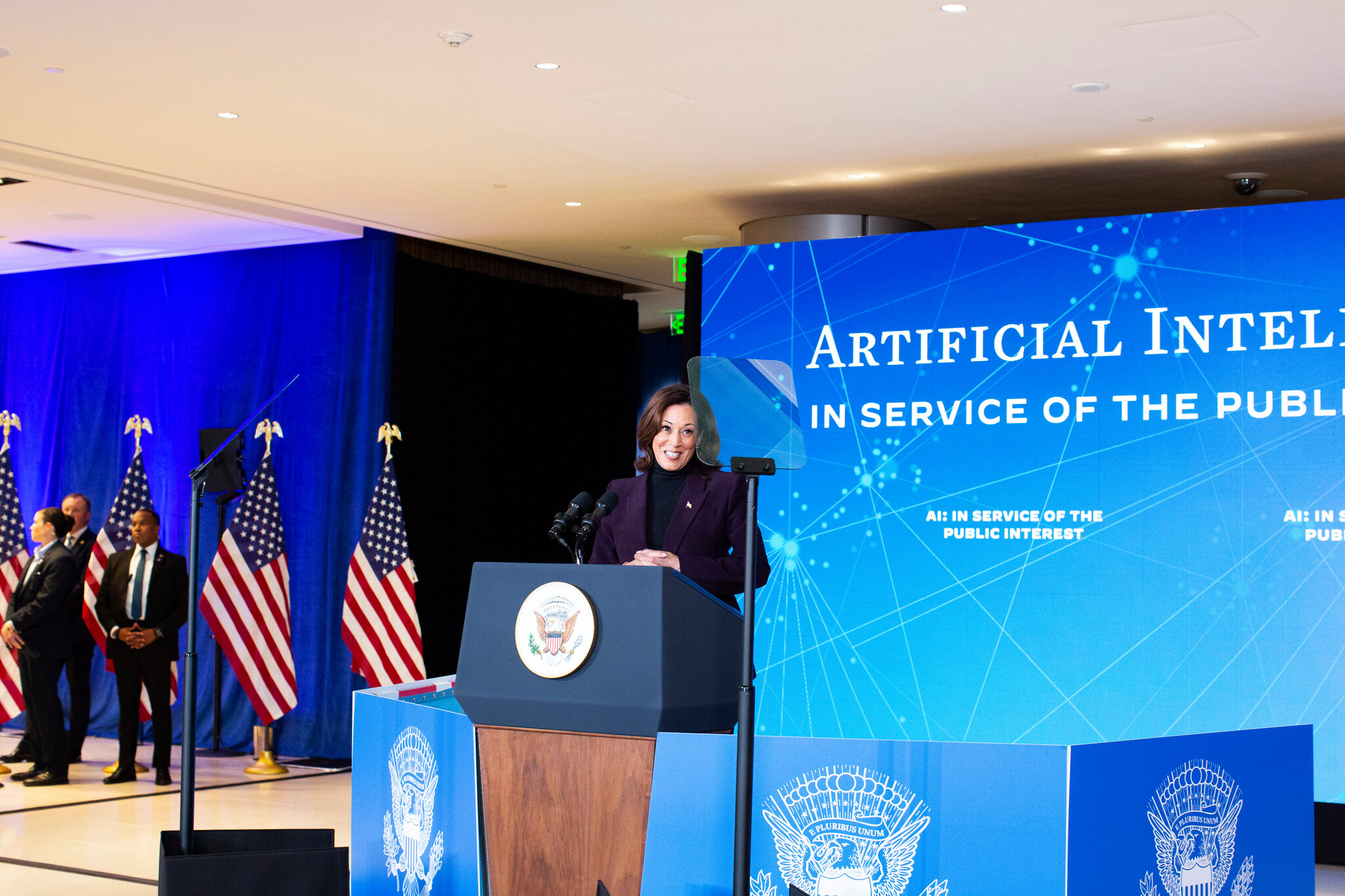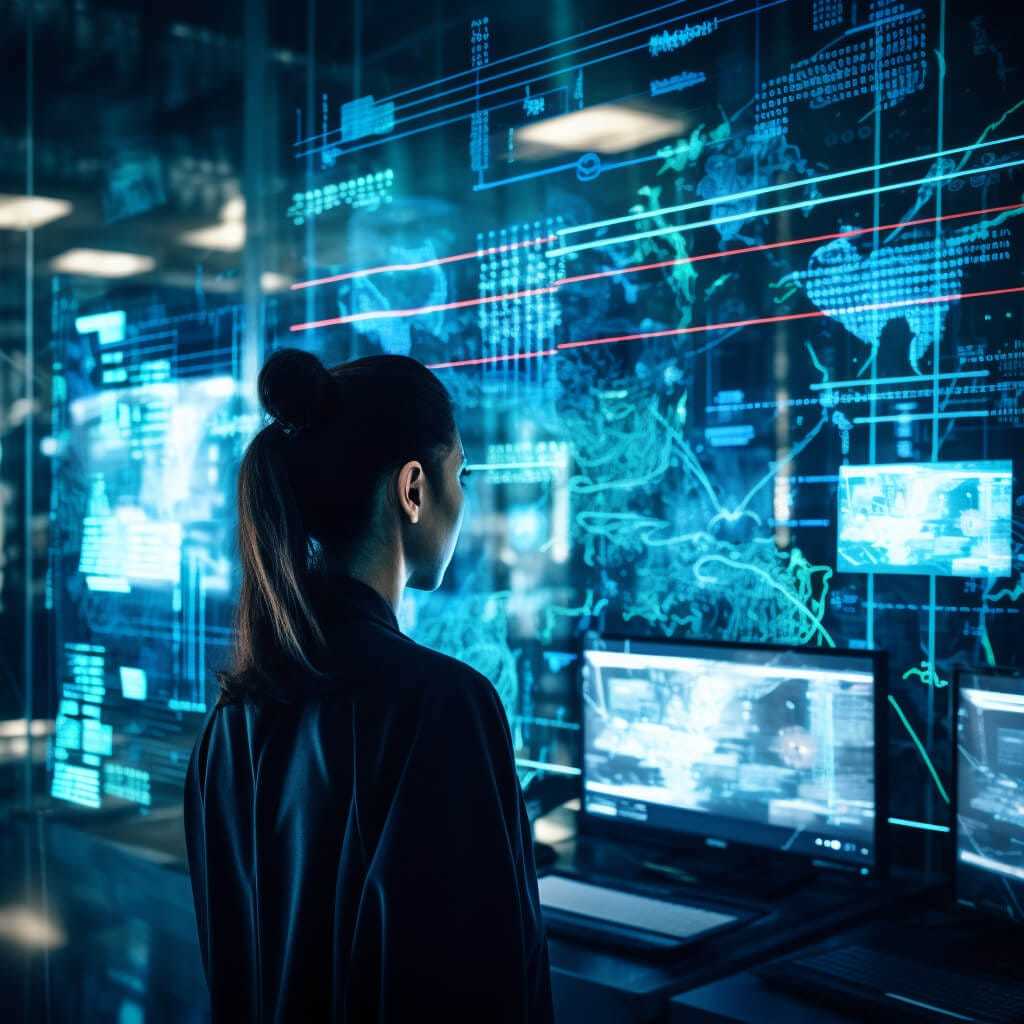US Vice President Kamala Harris recently delivered a speech in London, emphasizing the profound and existential threat that artificial intelligence (AI) poses to democracy and human rights. She called attention to AI’s potential to amplify discrimination and disinformation, urging global leaders to prioritize regulating this emerging technology with a focus beyond profits and future concerns.
AI’s existential threat to humanity
Vice President Harris expressed deep concern over the existential threats posed by AI, emphasizing that these challenges could endanger humanity’s very existence. She underscored the gravity of these threats, making a compelling case for global cooperation and decisive action to address them.
Measures to manage AI risks
In response to the risks associated with AI, Vice President Harris unveiled a series of measures aimed at managing these risks and safeguarding consumers. Among these initiatives is establishing an AI Safety Institute, a critical step in ensuring that AI development adheres to strict safety standards and ethical guidelines.
Additionally, Harris introduced the concept of a ‘Blueprint for an AI Bill of Rights,’ signaling the importance of protecting individual rights and liberties in the era of AI. These measures align with President Biden’s directive to prioritize AI safety, equity, civil rights, and the impact on the labor market.
AI’s potential for amplifying inequalities
One of the key points highlighted in Vice President Harris’s address is the potential for AI to exacerbate existing inequalities. Research has shown that AI programs can produce biased results that discriminate based on race, gender, or age. Harris cited real-world examples to illustrate the harm caused by AI’s biases, such as a senior losing their healthcare plan due to a faulty algorithm.
The Vice President also recounted stories of individuals who faced dire consequences due to AI-related issues, including a woman who was threatened by deepfake photographs circulated by an abusive partner and a young father wrongfully imprisoned as a result of biased facial recognition technology. These anecdotes underscore the urgent need for comprehensive AI regulation and oversight.
The role of global action
Vice President Harris’s speech made it clear that addressing the threats posed by AI requires a collective global effort. She called upon leaders worldwide to collaborate in shaping regulations and standards that prioritize the safety, fairness, and ethical use of AI. This call to action underscores the interconnected nature of AI’s impact on societies worldwide.
US Vice President Kamala Harris’s warning about the existential threat posed by AI to democracy and human rights serves as a wake-up call to the international community. Her recognition of AI’s potential to amplify discrimination and disinformation highlights the urgent need for comprehensive regulation and oversight of this technology.
The proposed measures, including establishing an AI Safety Institute and the concept of an ‘AI Bill of Rights,’ signal a commitment to addressing AI risks and safeguarding individual rights. Furthermore, Vice President Harris’s emphasis on the role of global action in addressing these challenges underscores the importance of international collaboration in shaping the future of AI.
As AI continues to advance and permeate various aspects of society, it becomes increasingly critical for governments, organizations, and individuals to prioritize ethics, fairness, and safety in AI development and deployment. The future of democracy and human rights may well depend on our collective ability to navigate the challenges posed by this transformative technology.





